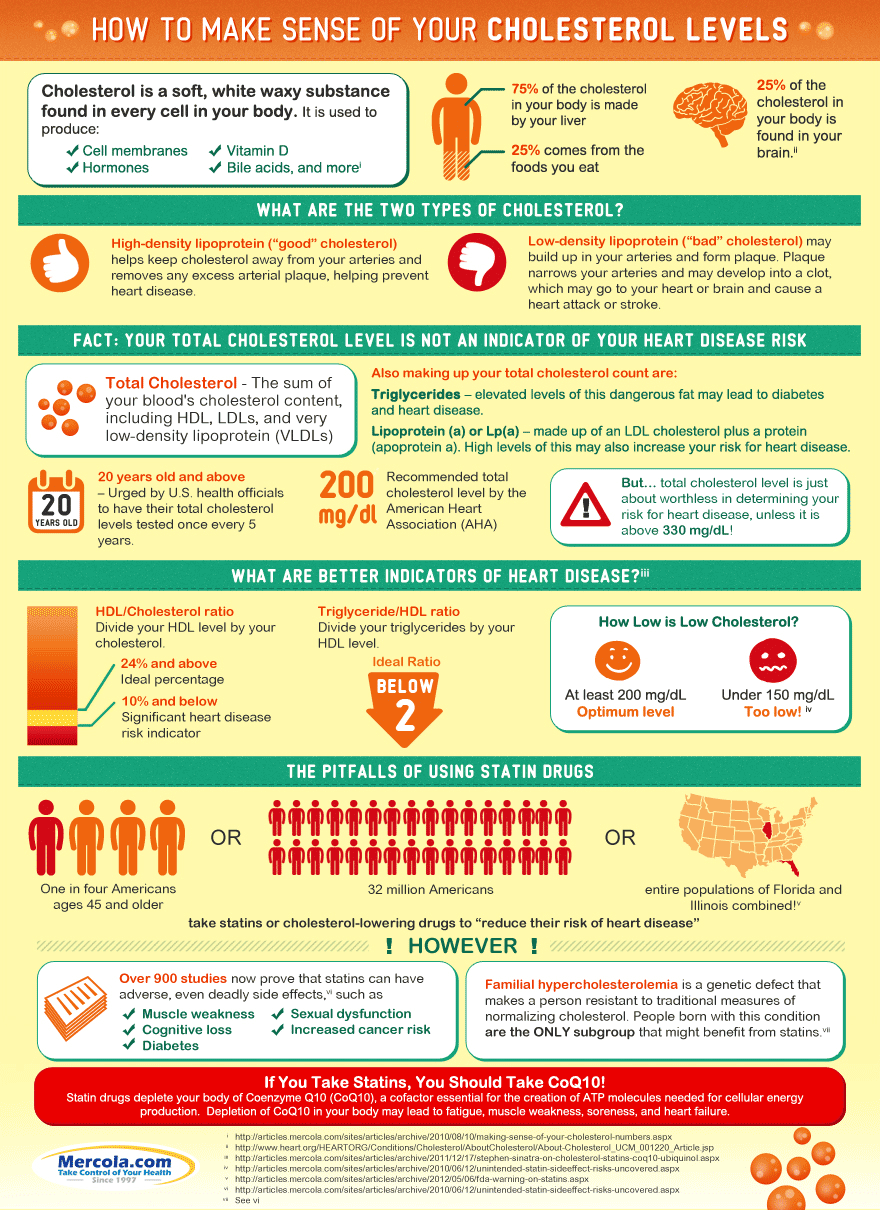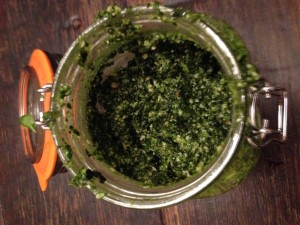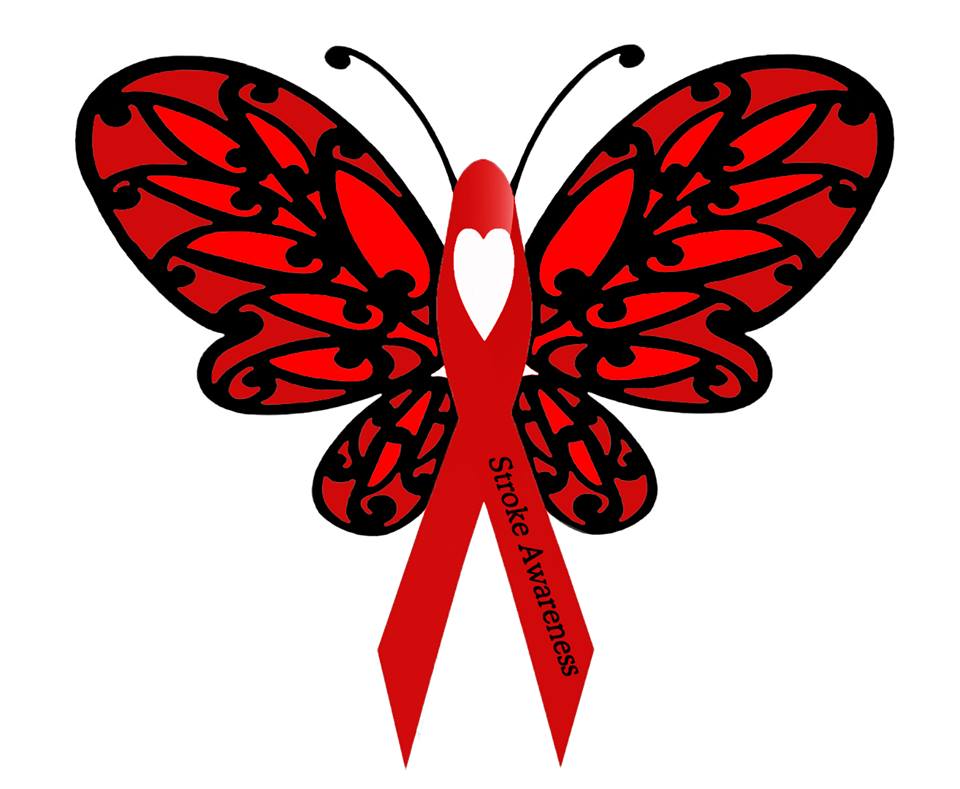Here are various ways through which excess fat and protein in diet negatively impacts your brain:
- Alter Brain Chemical and Tissues
In reference to Dr. Melinda Sothern, a food system expert from the Louisiana State University Health Sciences Center, excessive consumption of diet that is rich in protein and fat triggers neurological and chemical changes in the brain. This is usually caused by changes in genes that cause the receptive cells of the brain fail to receive different genes. When this takes place, your brain develops in a different, undesirable manner that can make you more likely to become overweight or obese. Changes in brain chemicals can in turn trigger the onset of mental illnesses like anxiety, depression and Alzheimer’s disease.
- Impairs The Nervous System
Recent studies indicate that other than sugars, unhealthy fats and excess protein can disrupt neurological messengers as well as metabolism messengers. This usually happens over time, and once the damage is done, it can be difficult change your behavior or eating habits. Your brain can no longer be able to listen to signals coming from your stomach or the intestines. The signals reaching your brain are different because you have over-indulged in unhealthy fats or refined sugar from processed foods.
- Causes Memory Loss
According to researchers from Brigham and Women’s Hospital, people who consume saturated and Trans fat are at an increased risk of memory loss and other cognitive functions. Saturated fats are commonly found in animal products like red meat and butter, which are also great sources of protein. In a statement, Dr. Olivia Okereke, M.D., from the Department of Psychiatry at the Brigham and Women’s Hospital, said that when they were looking at changes in cognitive function, the total amount of fat intake didn’t really matter, although the source significantly did. In the meantime, study participants who took healthy fats from plant sources showed improved cognitive function.
- Impairs Blood Brain Barrier
The blood vessels that are in charge of supplying the brain are equipped with a specialized lining that can’t be found in other areas of your body. This special lining is commonly known as the blood-brain barrier (BBB). This barrier regulates the entry of nutrients and other chemicals into the brain by actively mediating their transport from blood into your brain. Only a few amounts of chemicals can leak into your brain, and ammonia, a byproduct of protein, is one of them. When in excessive amounts in your body, the leakage of ammonia can potentially lead to brain damage.
- Increased Stroke Risk
If you are obese, fat/cholesterol may accumulate in your blood vessels and trigger a rise in blood pressure. This may in turn cause the rupture of arteries. If this happens in your brain, you are at an increased risk of developing stroke, which can be fatal. This can also lead to frequent headaches which can negatively affect your ability to concentrate at work or make it hard for you to fall asleep at night.
- Brain Shrinkage
Trans fat commonly found in protein sources like red meats can raise your “bad” or LDL cholesterol levels while lowering the “good” or HDL cholesterol. In reference to Brandon Mentore, sports nutritionist and functional medicine practitioner, a high consumption of trans fat can lead to brain shrinkage. Trans fat ups the amount of oxidation in your body to create an arterial stiffness. This influences the ability of your brain and nerves to expand and contract, which can increase inflammation and impair your brain. In reference to a study published in the journal Neurology, brain scans showed that excess ingestion of trans fat can cause brain shrinkage.
Regulating Protein and Fat Intake
While your body requires protein and fat to function normally, eating in moderation is the key to a better metabolic health and your brain function. Here are some tips to help ensure that you are consuming the right amounts of protein and healthy fats:
- Avoid protein from animal sources and instead go for healthier plant options like legumes, seeds and nuts.
- Avoid high protein foods that are also rich in fat
- Eat plant-based fat like olive oil, castor seed oil, vegetable oil, etc
- Ensure you get adequate protein in your diet to help in tissue repair and muscle formation.
Conclusion
When consumed in excessive amounts, protein and fats can produce adverse effects on the health of your brain. While the two make a part of a healthy diet, eating in moderation can help in the maintenance of a healthier body, and thus should be consumed in every meal. Even if you are on a weight loss diet, make sure you are getting adequate amounts of protein and healthy fats in your regular meals.
Related Video
Top 4 Healthy Foods to Boost Your Brainpower
Author Bio
Kelly Everson is MA in English Literature and an American Author. Her work comprises of articles appearing or forthcoming in over a dozen health care websites covering beauty skin care, weight loss, diet and overall men’s & women’s health. When she’s not educating strangers with her writing, she’s most likely researching about new discoveries in health, fitness and beauty industry. You can see more of her work at Consumer Health Digest. Connect with her on Facebook and Twitter.




